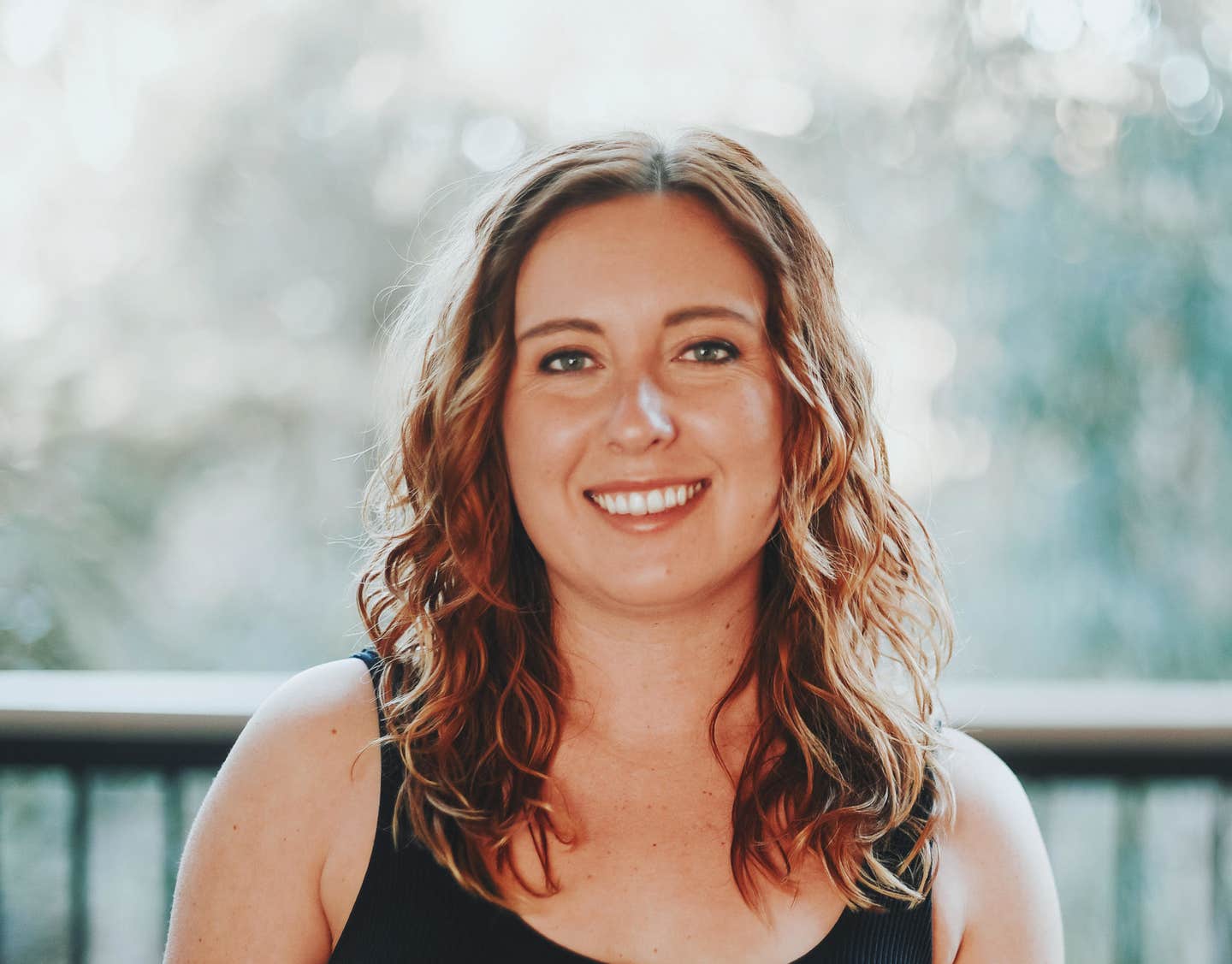
Meet the Plant-Based Doctor Transforming Chattanooga into a Blue Zone
Lifestyle medicine doctor Suzannah Bozzone, MD, is making waves in Chattanooga, Tennessee, working to reshape her city into a hub for healthy living that preserves the rich culture of Southern cuisine. Between her private health-consulting business and collaboration with the internationally acclaimed Blue Zones Project, Bozzone keeps her plate full of community-strengthening ventures. Forks Over Knives spoke with Bozzone about how her experience working with marginalized populations shaped her perspective on health care, how to combine traditional cooking techniques with a whole-food, plant-based diet, and her favorite tricks for creating healthy soul food at home.
How did you start practicing lifestyle-based medicine?
Dr. Suzzanah Bozzone: After medical school I worked in a Spanish-speaking clinic. I began to recognize the necessity of understanding where your patients are coming from before you treat them. Then I went to residency in Denver at a clinic where I worked with a lot of refugees from Myanmar, Ethiopia, Eritrea. … Those experiences showed me that our [medical] system, even with the best intentions, often takes away patients’ power. We give them a diagnosis and a new identity as a sick person. But when we address the root drivers of their disease and teach them how to heal themselves, we give them back their power.
What inspired you to branch out and launch a health-consulting business?
SB: I took a job with a major medical system in Chattanooga and was trying to redirect this Titanic crisis of chronic disease. I started running group visits [with patients] who all had diabetes or heart disease, and we would give them cooking demonstrations or talk about their lifestyle habits. I met my business partner, Christine Smith, there, and we could see the difference that program made, so we started True Health Journey together. We help people identify the barriers preventing them from living a healthier life, and then we partner with them to reach their goals. That could involve taking them to the grocery store, helping clean out their pantry, cooking demos, or even private yoga lessons.
How do you make whole-food, plant-based eating accessible to your community?
SB: We’re currently running a program to teach teens how to grow food and then cook whole-food, plant-based soul food. It focuses on Latino and African American flavors to appeal to the populations we’re working with. The meals they cook then go to heart-failure discharge patients to hopefully reduce their hospital readmission. It’s important to adapt the flavors [of the recipes] to the cultural traditions the kids know. In order to make healthy eating mainstream, we need to make it applicable and reachable for everyone.
Tell us about your work with the Blue Zones Project to transform health outcomes in Chattanooga.
SB: Blue zones are the five regions where longest-living populations in the world reside. The [Blue Zones] organization uses what they call the Power 9—nine trends throughout all of these blue zones that point to why people live so long. Those include purpose-driven living, strong community, wind-down time built into their schedules, and moving throughout the day. But with regard to food, these areas eat 95% plant-based. So the organization uses these evidence-based principles to work with cities to make impactful shifts toward longer lives, less
chronic disease, and more productivity. The heart of the South is the most unhealthy place in the Western world. If we can do this in Chattanooga, I really believe we can do it anywhere.
How do you make a WFPB diet sustainable for patients who are brand-new to it?
SB: It’s important to find joy in the journey and to celebrate the pieces along the way that you’re doing right. I see a lot of patients who are overwhelmed, whether it’s from a certain diagnosis or life in general, and it’s easy to lose your identity in that worry. I try to help people reconnect to their “why” for prioritizing their health. That’s why we named it True Health Journey—because it’s not about the destination. If we lose the joy of our day-to-day lives, then why are we here?
3 Tips For Cooking Healthy Southern Comfort Food
True Health Journey co-founders Suzannah Bozzone, MD, and Christine Smith, RN, help clients “keep the South in their mouth” while going whole-food, plant-based with these tasty tips. Try them at home whenever you’re craving something packed full of nourishing ingredients that still tastes extra indulgent.
1. Creamy Without the Cream
For green bean and broccoli casseroles, try a decadent cream sauce made entirely from plants.
In a blender combine 1 cup peeled and cooked potatoes, ¼ cup cooked carrots, ¼ cup cooked onions, ½ cup cashews or white beans, ¼ cup nutritional yeast, 1 tablespoon lemon juice, ½ teaspoon garlic powder, and a pinch each of paprika, sea salt, and cayenne pepper. Blend until smooth. Add vegetable broth to thin as needed.
2. Barbecue Sans Meat
Use canned jackfruit to mimic pulled pork by shredding it into strips with two forks. The shredded texture helps it thoroughly absorb the flavors of the barbecue sauce and retain moisture. It’s perfect for sandwiches and tacos.
3. Spice It Up
If you’re cooking collard greens or beans and want to infuse them with lots of savory flavor, use garlic, onion, lemon, low-sodium soy sauce, or liquid smoke—no meat necessary.
To learn more about a whole-food, plant-based diet, visit our Plant-Based Primer. For meal-planning support, check out Forks Meal Planner, FOK’s easy weekly meal-planning tool to keep you on a healthy plant-based path.
About the Author

About the Author
Megan Edwards
Join our mailing list
Get free recipes and the latest info on living a happy, healthy plant-based lifestyle.
By providing your email address, you consent to receive newsletter emails from Forks Over Knives. We value your privacy and will keep your email address safe. You may unsubscribe from our emails at any time.
